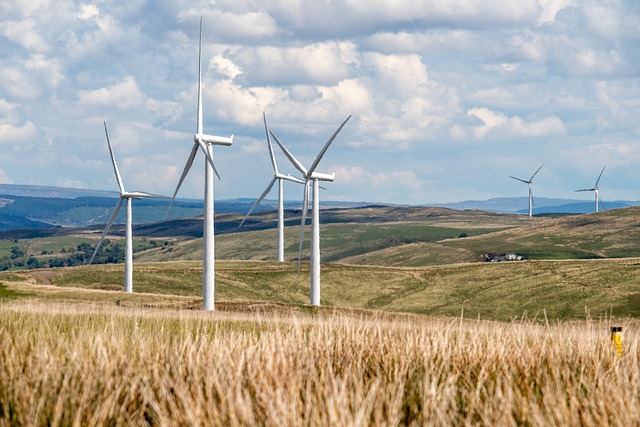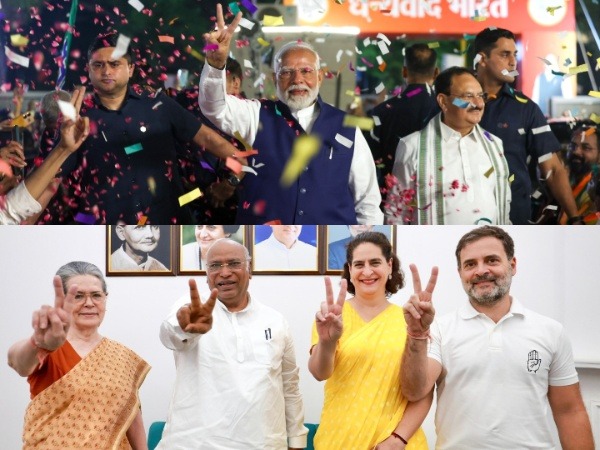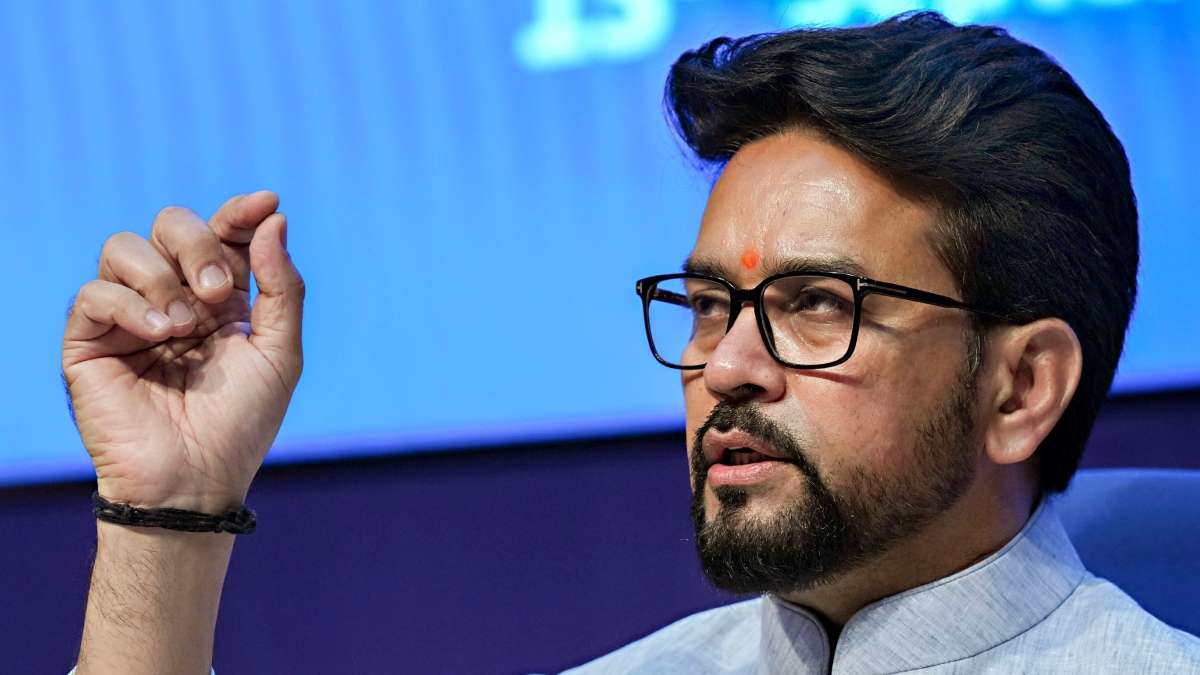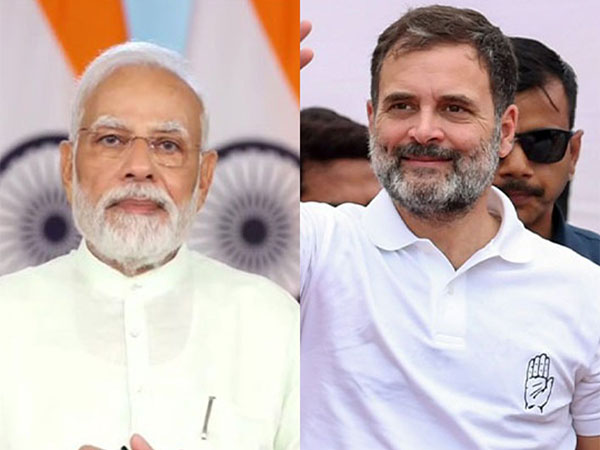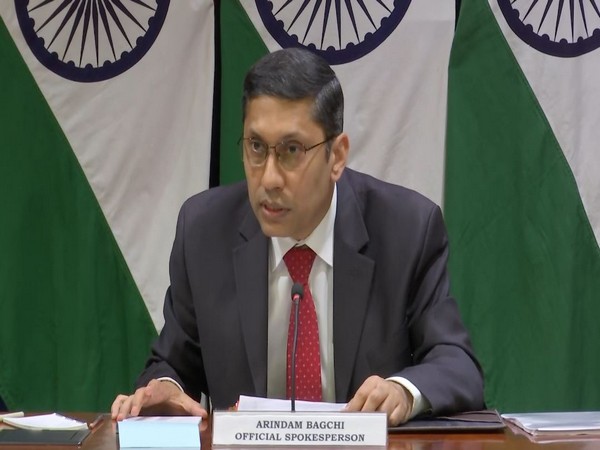With the growing emphasis on sustainability and energy-efficiency, the world is striving towards net zero goals. India, too is actively involved in projects and initiatives that will not only help it move towards it’s green goals, but also enables it to fully contribute in attaining the Sustainable Development Goals (SDGs) – by way of research and innovation through international collaboration and partnerships.
India aims to achieve its short term and long term targets under the Panchamrit action plan, like- reaching a non-fossil fuel energy capacity of 500 GW by 2030; fulfilling at least half of its energy requirements via renewable energy by 2030; reducing CO2 emissions by 1 billion tons by 2030; reducing carbon intensity below 45% by 2030; and pave the way for achieving a net-zero emission target by 2070.
Aligning with the net-zero goals, a report titled “Synchronizing energy transitions towards possible Net-Zero for India: Affordable and clean energy for All”, was launched on Wednesday.
The report on energy transitions required to achieve India’s net-zero targets attempts to answer key questions related to India’s energy trajectory such as how much energy does India need to achieve high value of Human Development Index (HDI); the pathways to achieve the goals; the energy mix projections for the goals until 2070; what would be the cost of electricity to the end user; what would be the carbon emissions until 2070; what would be the investments required for energy transitions towards net-zero at 2070; estimation of other challenges and opportunities (RE integration, requirement of critical minerals, Carbon Capture Utilisation and Storage (CCUS), natural gas, ethanol, hydrogen) in energy transitions towards achieving net-zero in 2070.
The main conclusions of the report are given below:
To achieve the net-zero, the transition needs multiple pathways to be adopted with co-existence of myriad technologies in our energy basket.
Coal is projected to continue until the next two decades as the backbone of the Indian energy system.
Net-zero is not possible without substantial nuclear power and Renewable Energy (RE) generation by 2070.
To achieve net-zero energy systems by 2070, the electricity sector will need to decarbonize well before that.
India’s emissions would range between 0.56 btCO2 and 1.0 btCO2 in 2070. It is expected that the remaining gap in emissions will be offset through sequestration in forestry and tree cover as envisaged in our Nationally Determined Contributions (NDCs).
Additionally, the coal phase-down will require active policies on critical minerals and carbon dioxide removal technologies.
Clean, affordable electricity at low levelized cost of electricity (for consumers) can be achieved in net-zero pathways, especially with a focus on nuclear power and renewable power.
Widespread electrification of end-use sectors i.e upto 47-52% electricity share in Total Final Electricity Consumption (TFEC) compared to 18% at present.
Financial requirements during 2020-2070 would be to the tune of Rs 150-200 lakh Crore (about US$ 2-2.5 trillion, or US$ 40-50 billion/year). Considerable financial flows must be international.
Some of India’s several initiatives to attain the goals:
‘Lifestyle for Environment’ (LiFE) is a global mission through bolder steps by the global clean energy fraternity.
India, a founding member of Mission Innovation (MI), has successfully led three MI Innovation Challenges namely Smart Grids, Off Grid Access to Electricity and Sustainable Biofuels.
Mission Innovation (MI) is a global initiative of 23 countries and the European Commission to accelerate clean energy revolution and progress towards the Paris Agreement goals and pathways to net zero.
Government through public-private partnerships is also ensuring the funding for clean energy innovations as envisioned under Mission Innovation 2.0.









